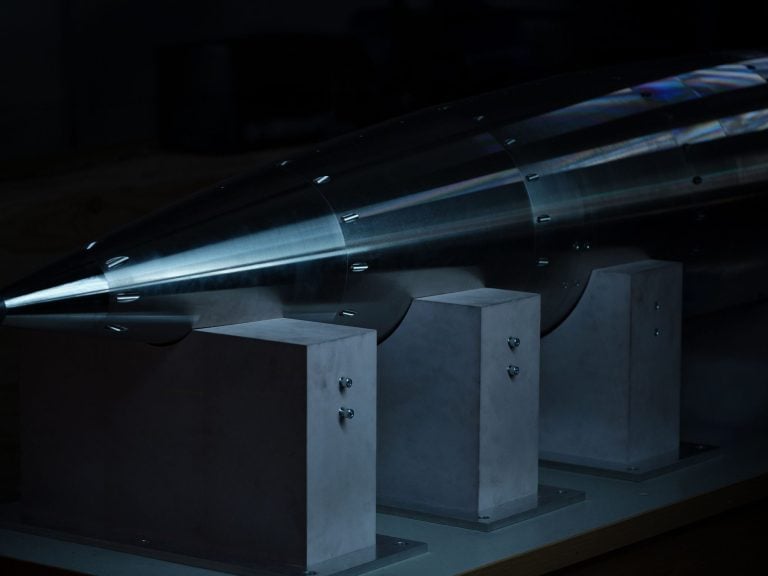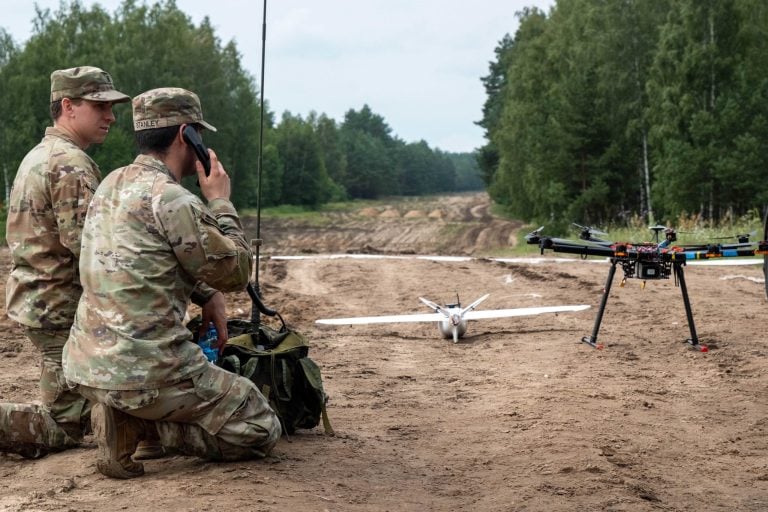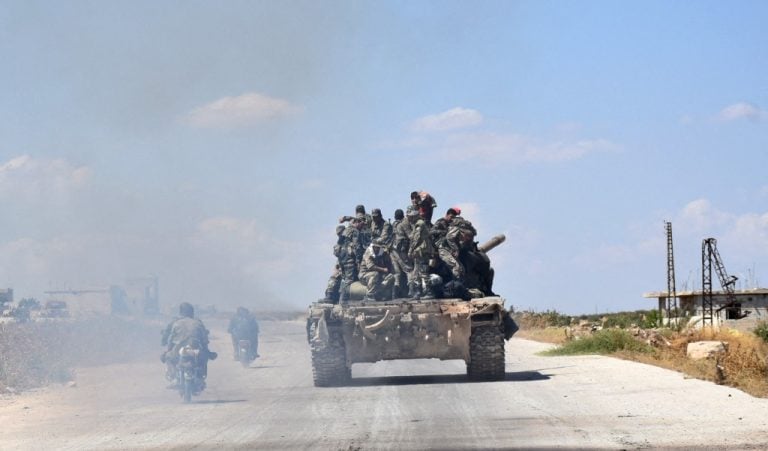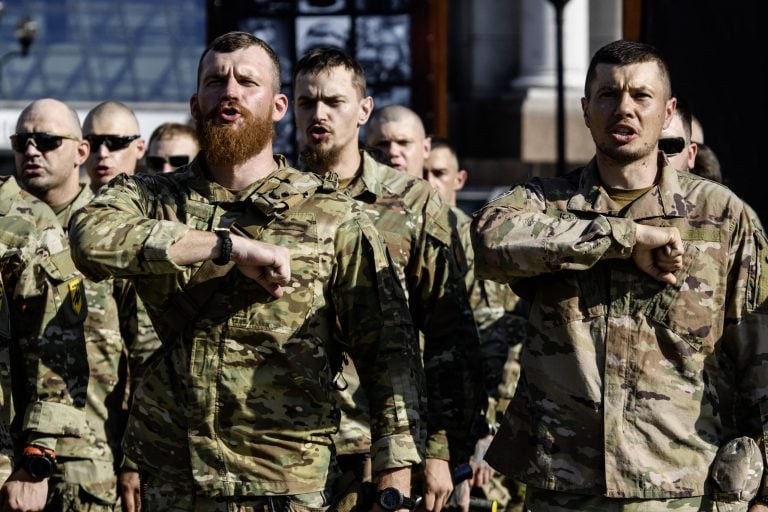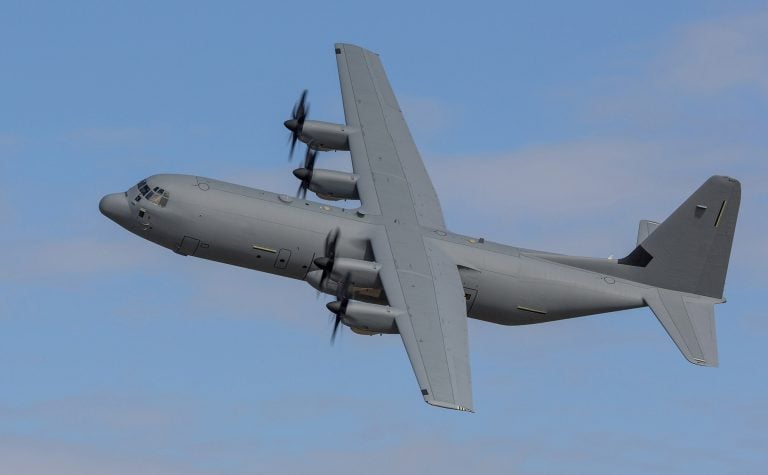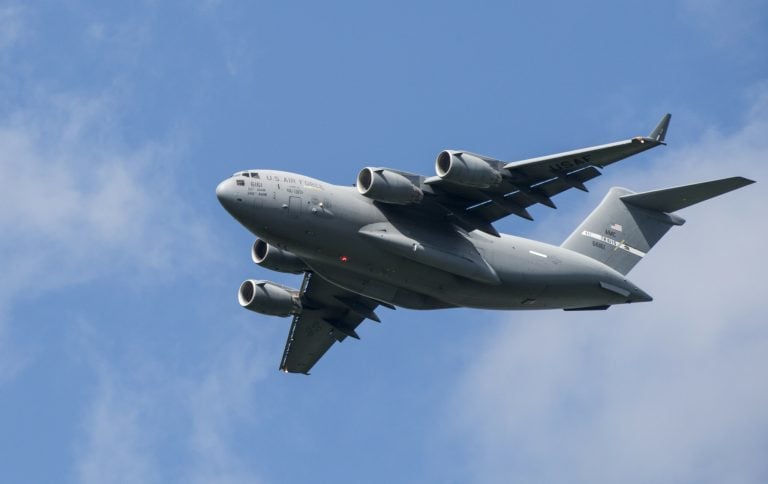In a violent encounter in northeastern Borno state, jihadists affiliated with the Islamic State group ambushed Nigerian security forces, resulting in the deaths of two soldiers and two members of an anti-jihadist militia. The ambush occurred in the Damboa district on Friday, when fighters from the Islamic State-West Africa Province (ISWAP) opened fire on a motorcycle convoy comprising Nigerian troops, militia members, and local hunters who were on patrol.
Sources indicate that the assault employed heavy weaponry during the attack, highlighting a worrying trend as ISWAP has escalated its offensive operations against Nigerian security forces. Recent months have seen a marked increase in assaults on military bases, including the use of rocket-propelled grenades and suicide drones, further complicating the security landscape in the region.
A military officer, speaking on condition of anonymity, confirmed the casualties. “We lost two soldiers and two members of the Civilian Joint Task Force in the ambush by ISWAP terrorists,” he stated, adding that the terrorists had set up the ambush targeting the convoy, which was reportedly led by a brigade commander. The exchange of gunfire ensued, but details of the confrontation remain sparse.
A United Nations situation report, circulated among humanitarian agencies and seen by various news outlets, corroborated the military officer’s claims. The report also revealed that 17 motorcycles were seized by the jihadists during the ambush. It noted that several soldiers, including the military commander, were unaccounted for, although the commander later returned to the base in Damboa, approximately 90 kilometers from Maiduguri, the regional capital.
This recent attack underscores the persistent threat ISWAP poses in the region, even as it grapples with internal strife against its rival, Boko Haram, over territorial control, particularly in areas surrounding Lake Chad. ISWAP split from Boko Haram in 2016 due to ideological rifts and subsequently emerged as a dominant force. However, it faces renewed challenges from Boko Haram, which has recently launched a series of assaults, including a significant attack that reportedly killed around 200 ISWAP fighters on the shores of Lake Chad.
The ongoing conflict fueled by jihadist violence has led to more than 40,000 fatalities and displaced roughly two million people in northeastern Nigeria since its escalation in 2019. The repercussions of this instability have extended beyond Nigeria’s borders, affecting neighboring nations such as Niger, Cameroon, and Chad. In response to the increasing jihadist threat, these countries have initiated a military coalition aimed at combating militant activities in the region.

